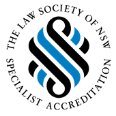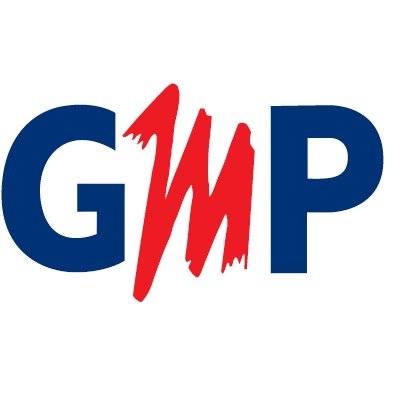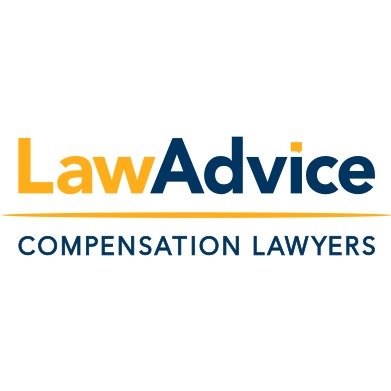
Best Premises Liability Lawyers in Parramatta
Share your needs with us, get contacted by law firms.
Free. Takes 2 min.
List of the best lawyers in Parramatta, Australia

About Premises Liability Law in Parramatta, Australia
Premises Liability falls under the umbrella of personal injury law in Parramatta, Australia and it deals with injury cases that arise due to unsafe or defective conditions on someone else's property. It applies to both public and private properties. The property owners or leaseholders have a legal obligation to ensure their property is safe and free from hazards. If they fail to do so and someone sustains an injury as a result, they may be held liable.
Why You May Need a Lawyer
Engaging a lawyer might be necessary if you're injured on someone else's property and believe it is the result of the property owner's negligence. Common situations include slips and falls, accidents in rental properties, swimming pool accidents, or injuries caused by lack of maintenance. A lawyer can guide you in understanding your rights, analysing legal options, negotiating with insurance companies and if required, representing you in court.
Local Laws Overview
In Parramatta, Australia, under Premises Liability law, property owners have a 'duty of care' to keep visitors safe. This includes regular inspections and upkeep of the premises. They must warn visitors of any hazards and take steps to rectify them. If a hazard cannot be immediately rectified, adequate warning and measures must be put in place to prevent harm. If a property owner fails to carry out this 'duty of care', and an injury occurs as a result, they may be held legally responsible.
Frequently Asked Questions
What should I do if I am injured on someone else's property?
Immediately seek medical attention, document the conditions that caused your accident and report the incident to the property owner. It's also recommended to consult a lawyer to understand your legal options.
What compensation can I get?
Compensation can cover past and future medical expenses, loss of earnings, pain and suffering, and legal costs. The exact amount depends on the severity of the injury and the degree of negligence involved.
How long do I have to file a premises liability claim?
The standard limitation period in New South Wales is three years from the date of the accident. But, for personal injury claims involving minors, the period doesn't start until they turn 18.
What if I am partly to blame for the accident?
If you're partly responsible, you might still have a claim. Under the concept of 'contributory negligence', a court can allocate a percentage of blame to each party, potentially reducing the amount of compensation.
Who is responsible if I'm injured in a rented property?
Tenants might be eligible to claim against their landlord or property management company if their negligence led to the injury. Duty of care also applies to rental properties.
Additional Resources
For additional information and support, consider resources offered by the Law Society of New South Wales, Legal Aid Commission of New South Wales, and the New South Wales Civil and Administrative Tribunal. These organizations provide guidance on legal matters and may offer services for dispute resolution.
Next Steps
If you believe you have a premises liability claim, make sure to document everything related to the accident and seek legal advice as soon as possible. Consult a lawyer with experience in personal injury and premises liability law. Prepare yourself by familiarizing with the terms, conditions, and process involved in filing such a claim.
Lawzana helps you find the best lawyers and law firms in Parramatta through a curated and pre-screened list of qualified legal professionals. Our platform offers rankings and detailed profiles of attorneys and law firms, allowing you to compare based on practice areas, including Premises Liability, experience, and client feedback.
Each profile includes a description of the firm's areas of practice, client reviews, team members and partners, year of establishment, spoken languages, office locations, contact information, social media presence, and any published articles or resources. Most firms on our platform speak English and are experienced in both local and international legal matters.
Get a quote from top-rated law firms in Parramatta, Australia — quickly, securely, and without unnecessary hassle.
Disclaimer:
The information provided on this page is for general informational purposes only and does not constitute legal advice. While we strive to ensure the accuracy and relevance of the content, legal information may change over time, and interpretations of the law can vary. You should always consult with a qualified legal professional for advice specific to your situation.
We disclaim all liability for actions taken or not taken based on the content of this page. If you believe any information is incorrect or outdated, please contact us, and we will review and update it where appropriate.









